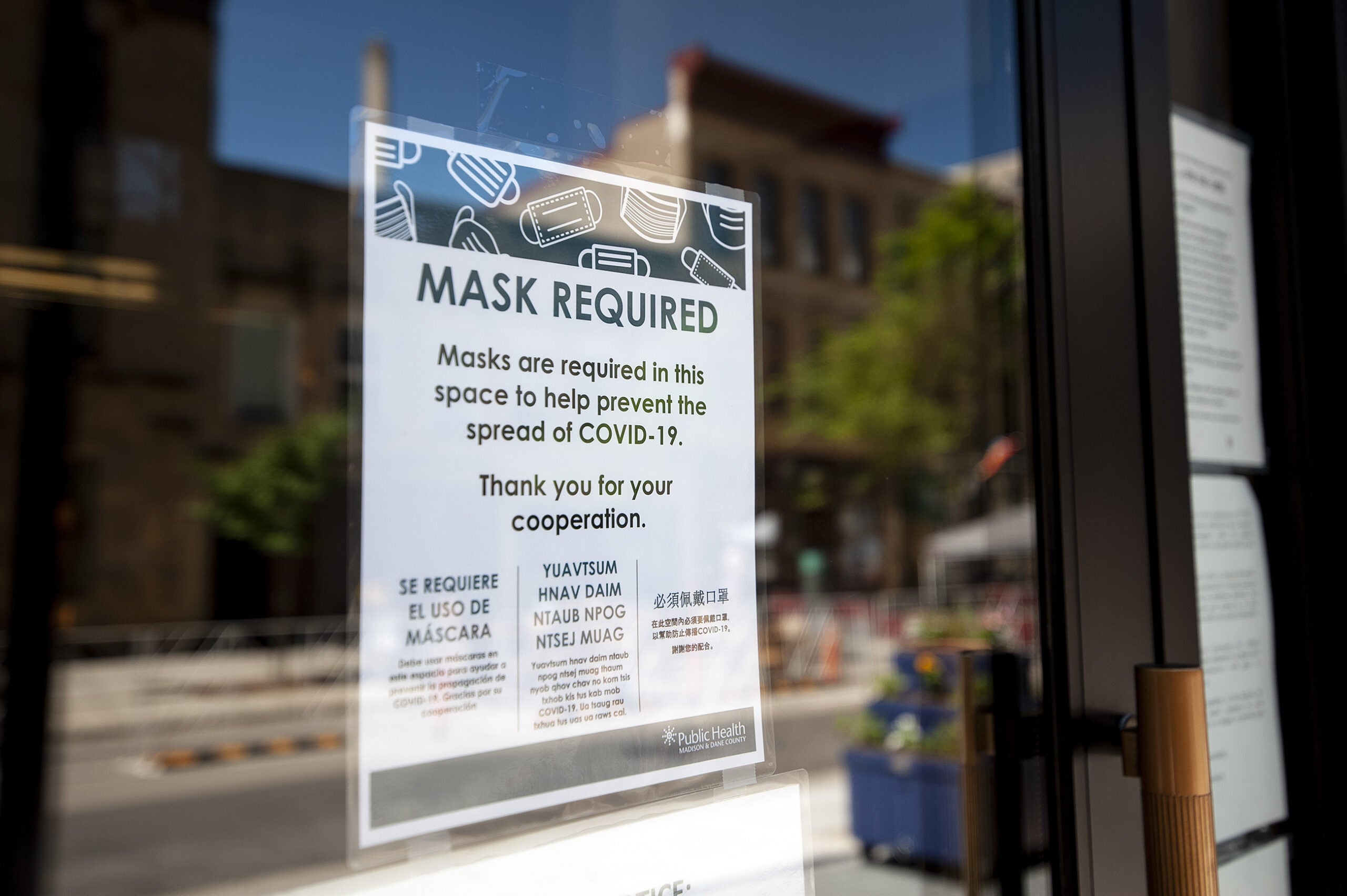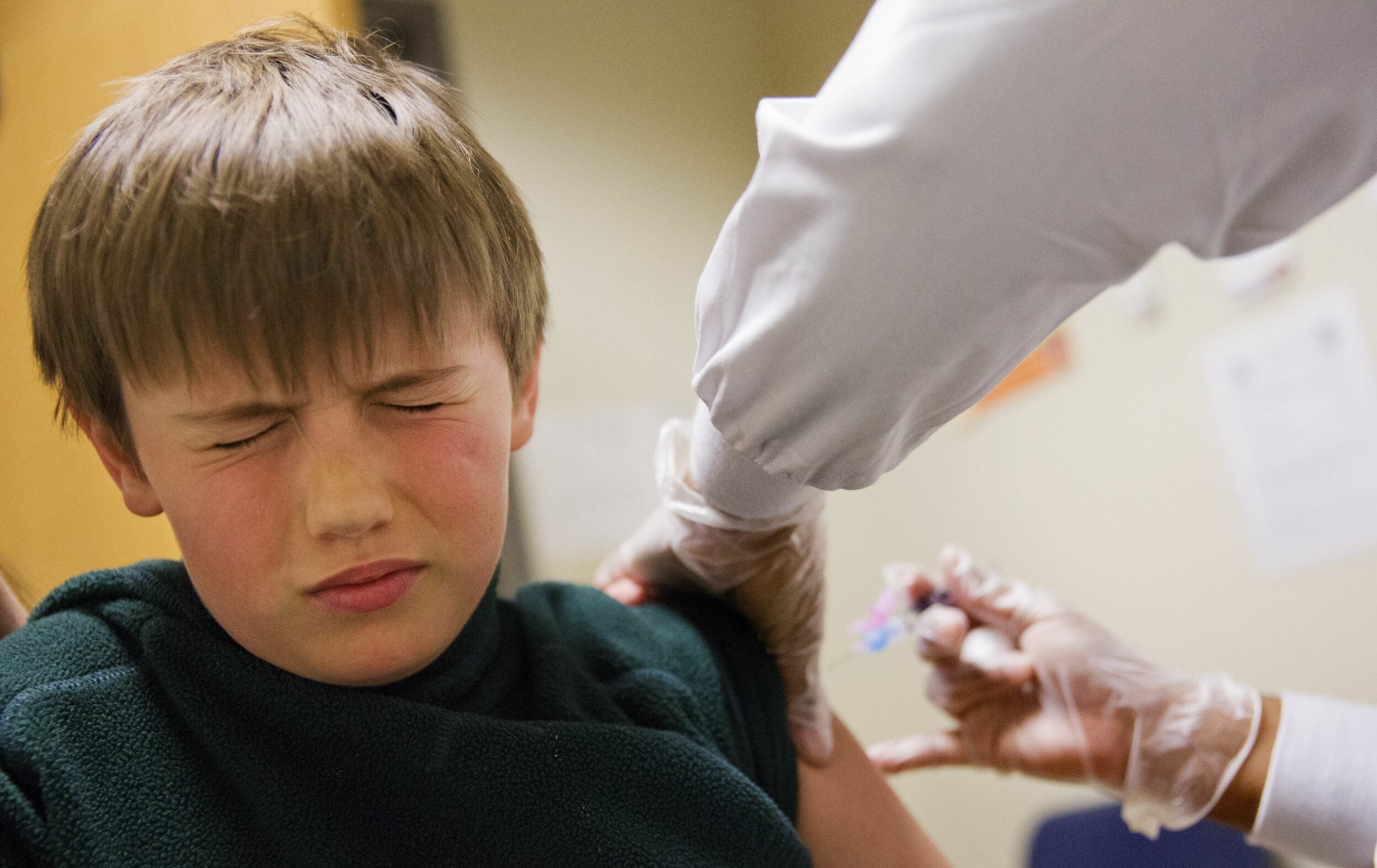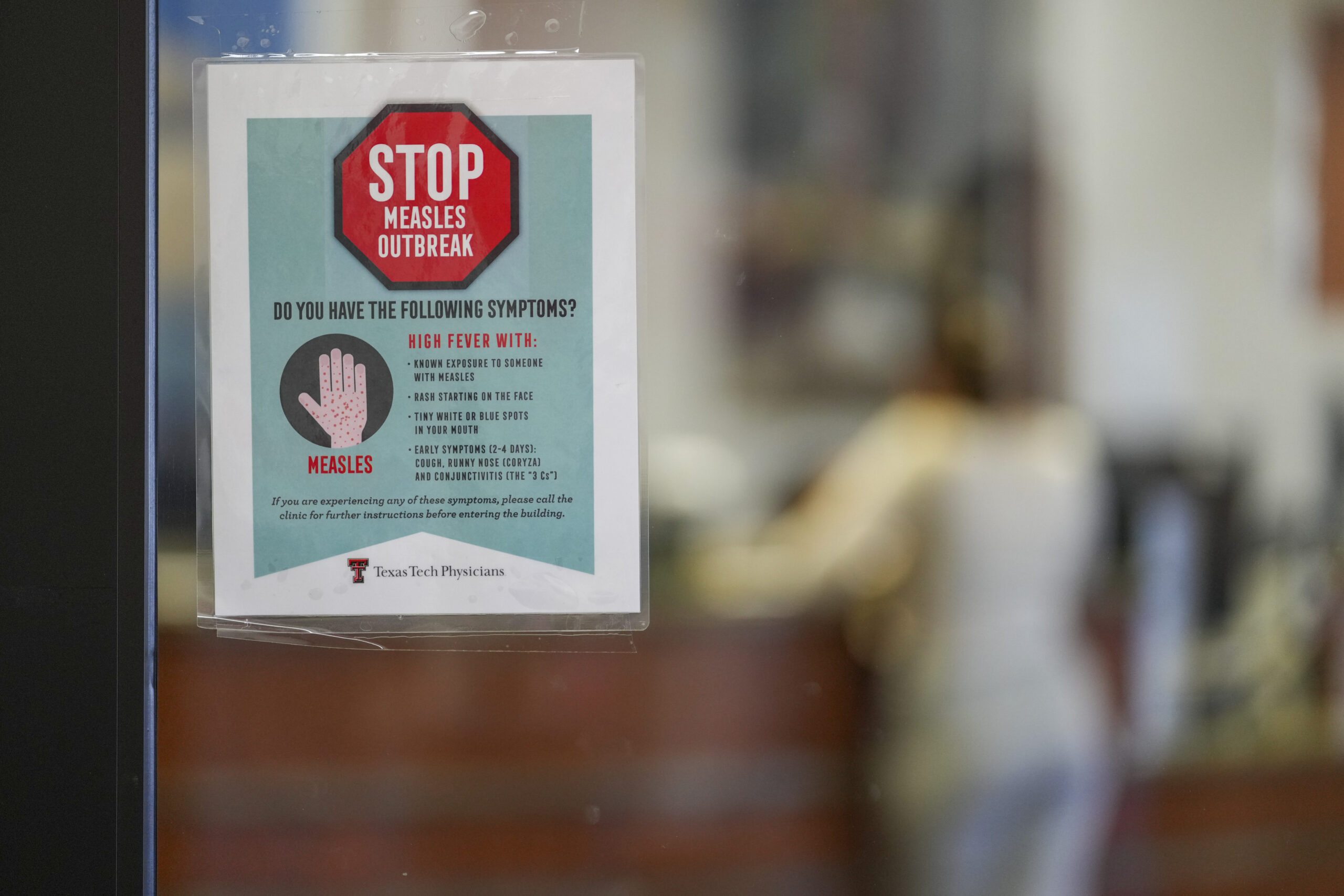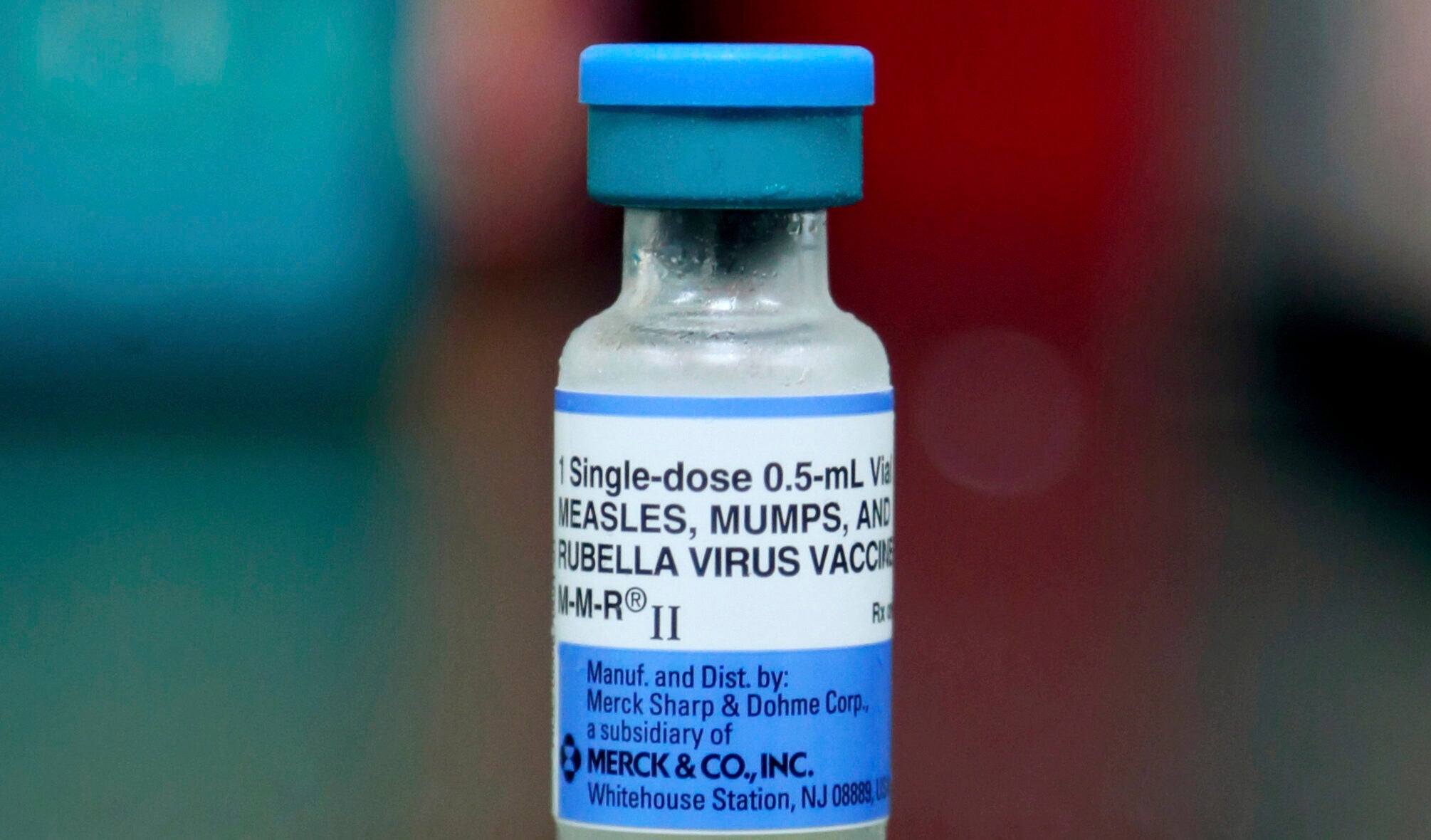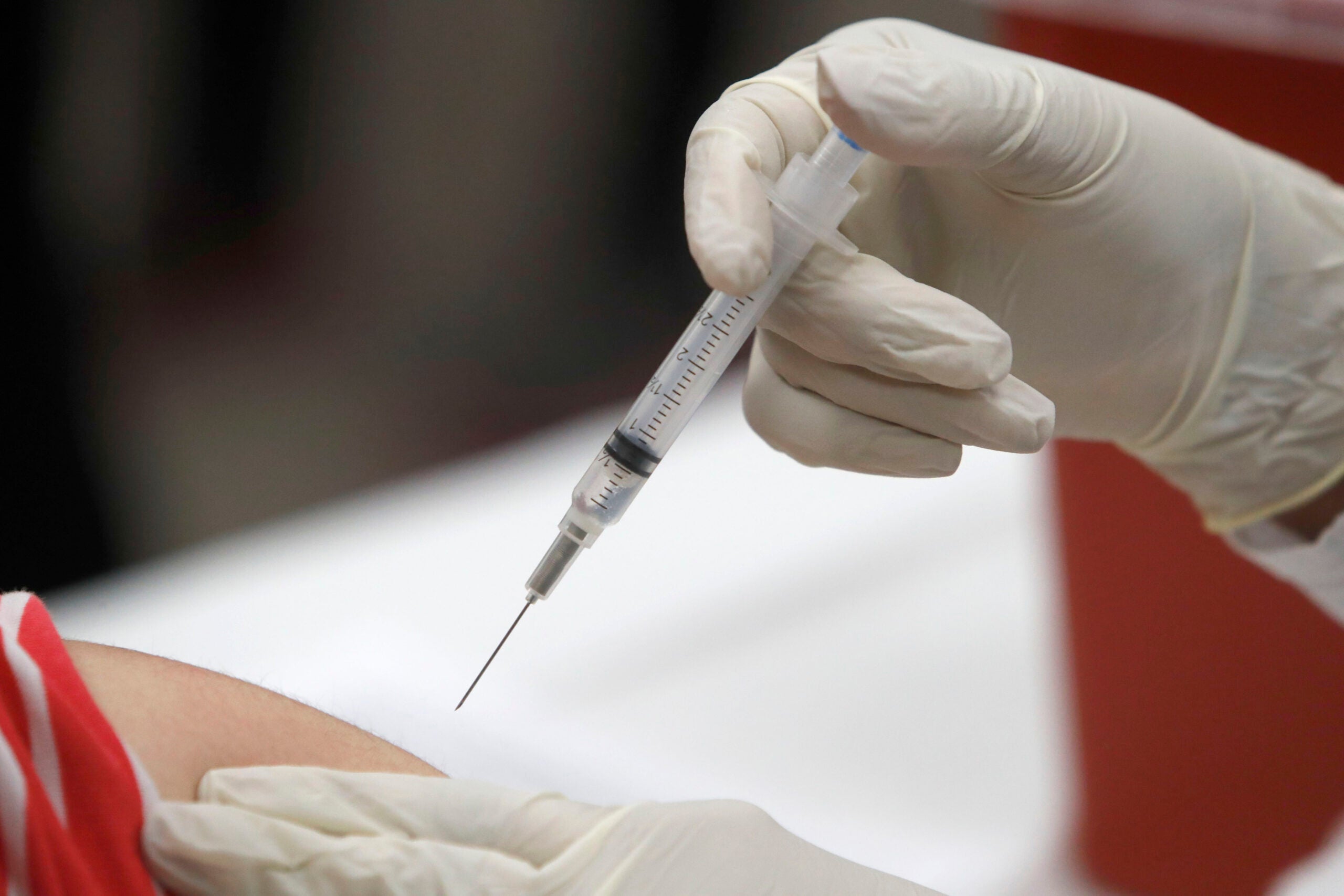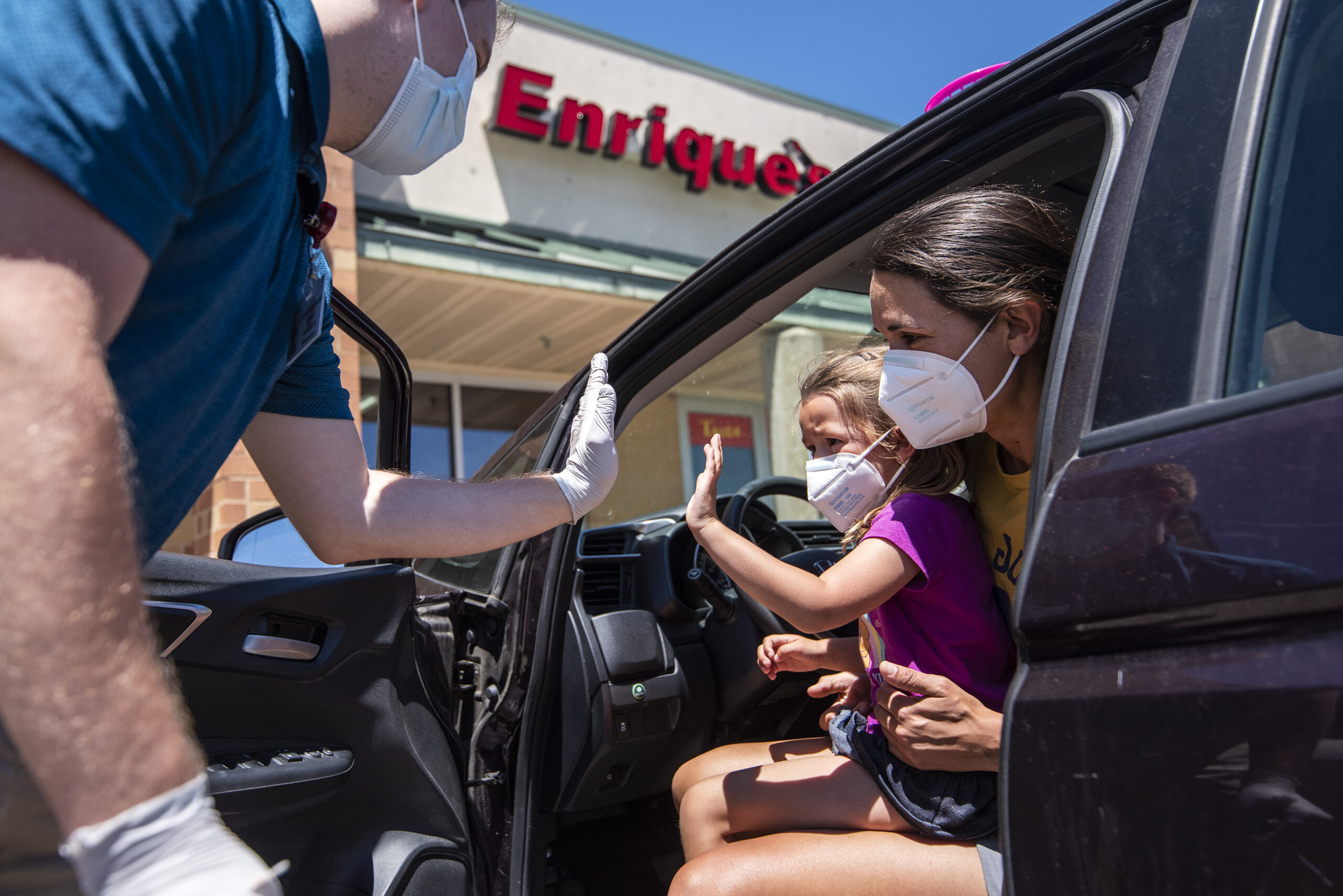State and local health departments are assessing what they can do to slow a worrisome rise in COVID-19 infections after cases plummeted in the spring. With a false-sense of security, many localities scrapped capacity limits and mask mandates — choices that may need to be reversed.
But some of the powers health officials had under state law when the pandemic began are no longer available. That’s because of several court decisions that scaled back their authority to do things like stay-at-home orders and closing schools.
“Because COVID-19 was treated like a political issue not a public health issue I think that has really tied the hands of public health behind its back,” said Paula Silha, public information officer with La Crosse County Health Department.
Stay informed on the latest news
Sign up for WPR’s email newsletter.
But even though public health officials may be limited in their authority, they still have some room for decision-making.
“It could have been worse. There was legislation that would have taken it completely out of our hands,” said Dane County Board of Health Chair Dr. Jerry Halverson.
In February, Gov. Tony Evers vetoed a GOP bill that, among other things, would have banned COVID-19 vaccine mandates, not only from state and local governments but also from private employers. It also included a plan preventing state and local health officers from restricting gatherings in places of worship, a power that’s currently allowed in Wisconsin law.
After court rulings curtailed some health department measures last year, there was confusion and hesitation over what local governments could do. That prompted the League of Wisconsin Municipalities to issue guidance helping localities decide if they could implement local measures to replace those struck down statewide.
Many communities did, but local mask mandates and capacity limits were lifted when warmer weather and vaccinations helped drive down infections. But COVID-19 cases started to creep up in July and the pace of infections has gained momentum with the more contagious delta variant, leading some health officers to resort to pleading with the public to avoid another possible surge.
“We cannot do this again. So please, please get vaccinated,” said Milwaukee Health Commissioner Kirsten Johnson as she tearfully recalled an exchange she had with a nursing home administrator about the toll the pandemic has taken on staff and families.
Public pleas to get vaccinated along with voluntary masking have, for now, replaced stricter measures which often met public resistance or were struck down by the courts.
“There are still things we can do in Dane County because as we have shown in the past, we are going to do what we feel is best for our citizens and their health,” Halverson said. “And if we have to go back to a mask mandate, we absolutely can go back to a mask mandate.”
Public and private employers have begun requiring masks, testing or vaccination. Dane County’s largest employer, Epic Systems, has revised return to work policies and is requiring employees to get a COVID-19 shot, along with other big companies like Walmart and the Walt Disney Company.
As for schools, both state and federal health officials have said it’s important for kids to return to the classroom. Discussion of what to do if there’s an outbreak include possible options like sending an entire classroom home or widespread voluntary testing.
“But what happens if parents refuse to allow their child to be tested?” said Silha, who like other health officials, has been planning for a return to school with local educators.
Wisconsin Public Radio, © Copyright 2025, Board of Regents of the University of Wisconsin System and Wisconsin Educational Communications Board.

